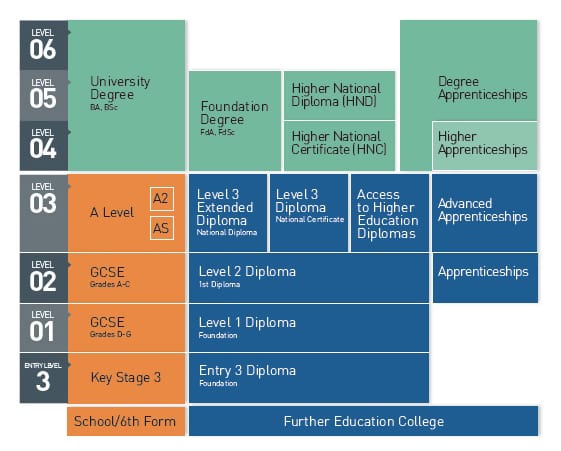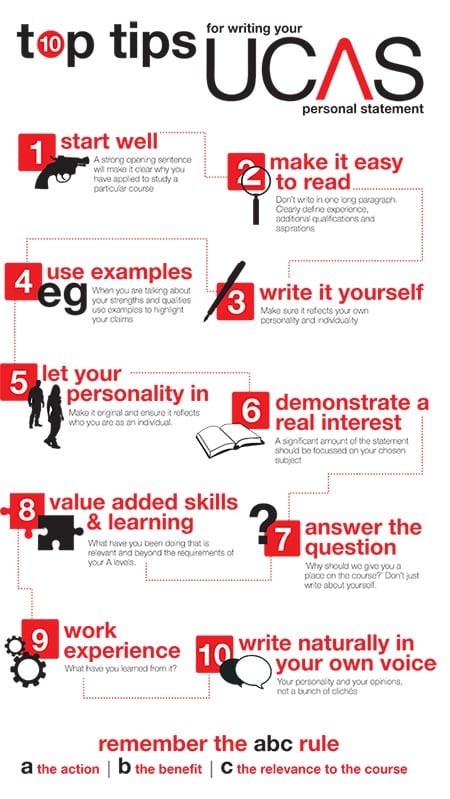If you would like any assistance with university applications or information regarding university progression, please contact DAlboreto@utcw.co.uk
If you’re looking to continue your education after UTC Warrington, then you may well be thinking of going on to University. This could give you an employability advantage too, especially if you’re going to be studying an industry-relevant subject with high technical content.
Students who want to progress on to university will need to apply through UCAS. Universities will advertise their degrees through their websites and UCAS. Throughout the year, there will also be the opportunity to visit universities during their open days and attend a number of guest lectures by Higher Education institutions.
Once a student has applied through UCAS they will be able to track their application and offers from their chosen universities.
We understand that applying to UCAS can be stressful for both student and parent. We offer UCAS drop-in sessions throughout the year to help guide you through the application process and talk about all options).
Key Benefits
- Wider employment opportunities.
- Positive impact on society.
- Graduate salaries.
- Learn to become independent.
- Cultural and social experiences.


